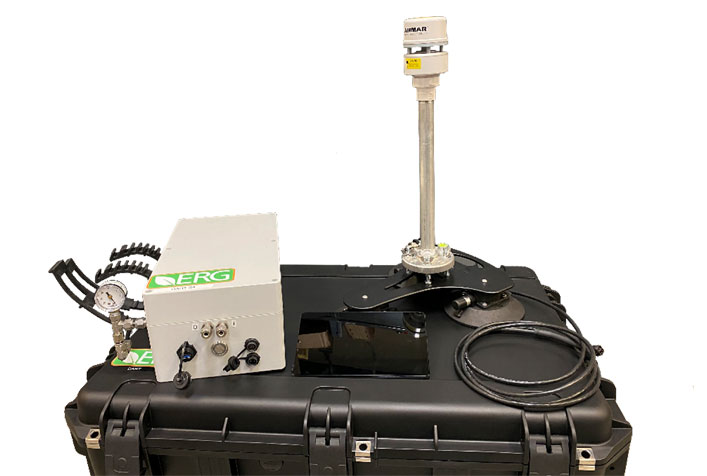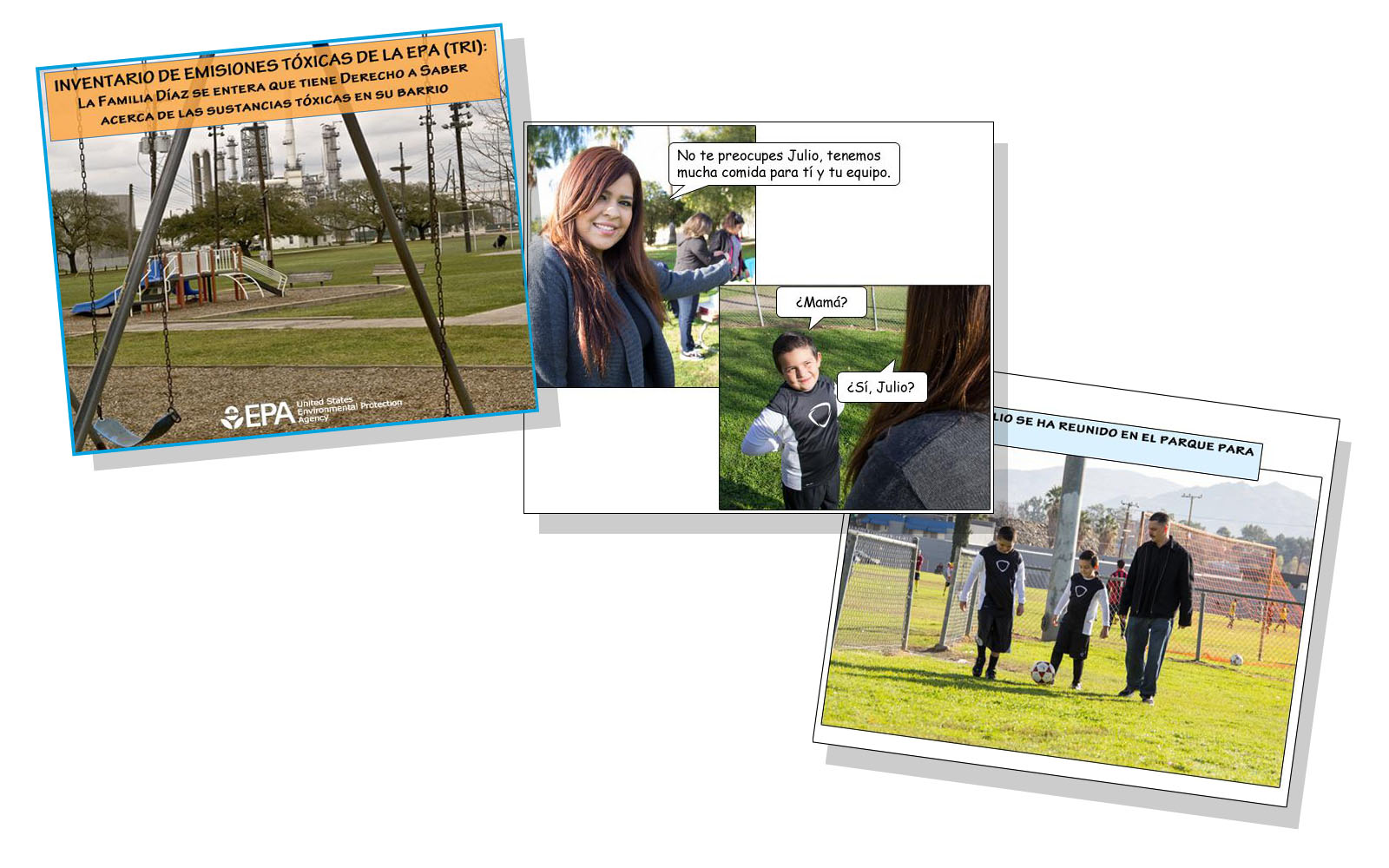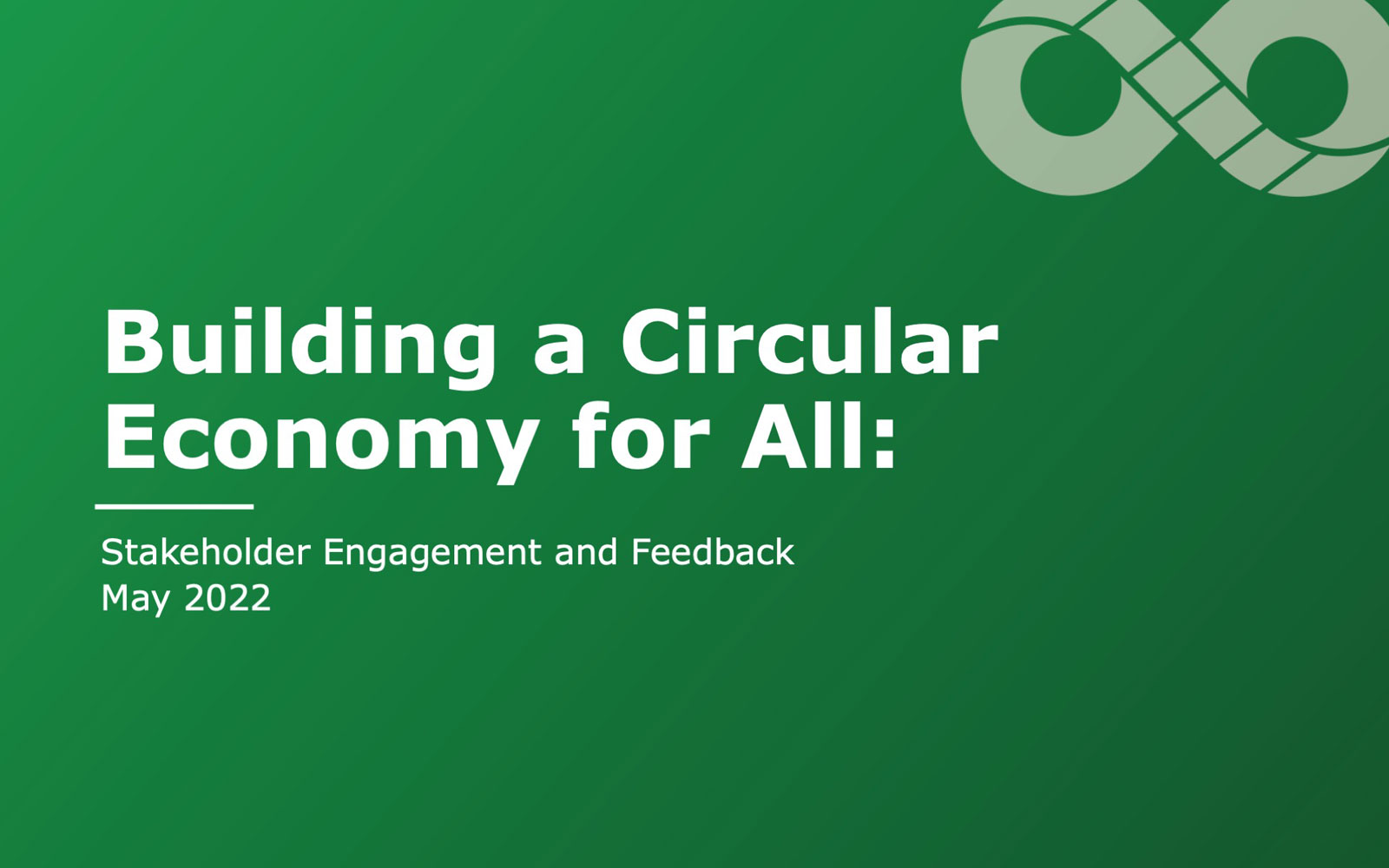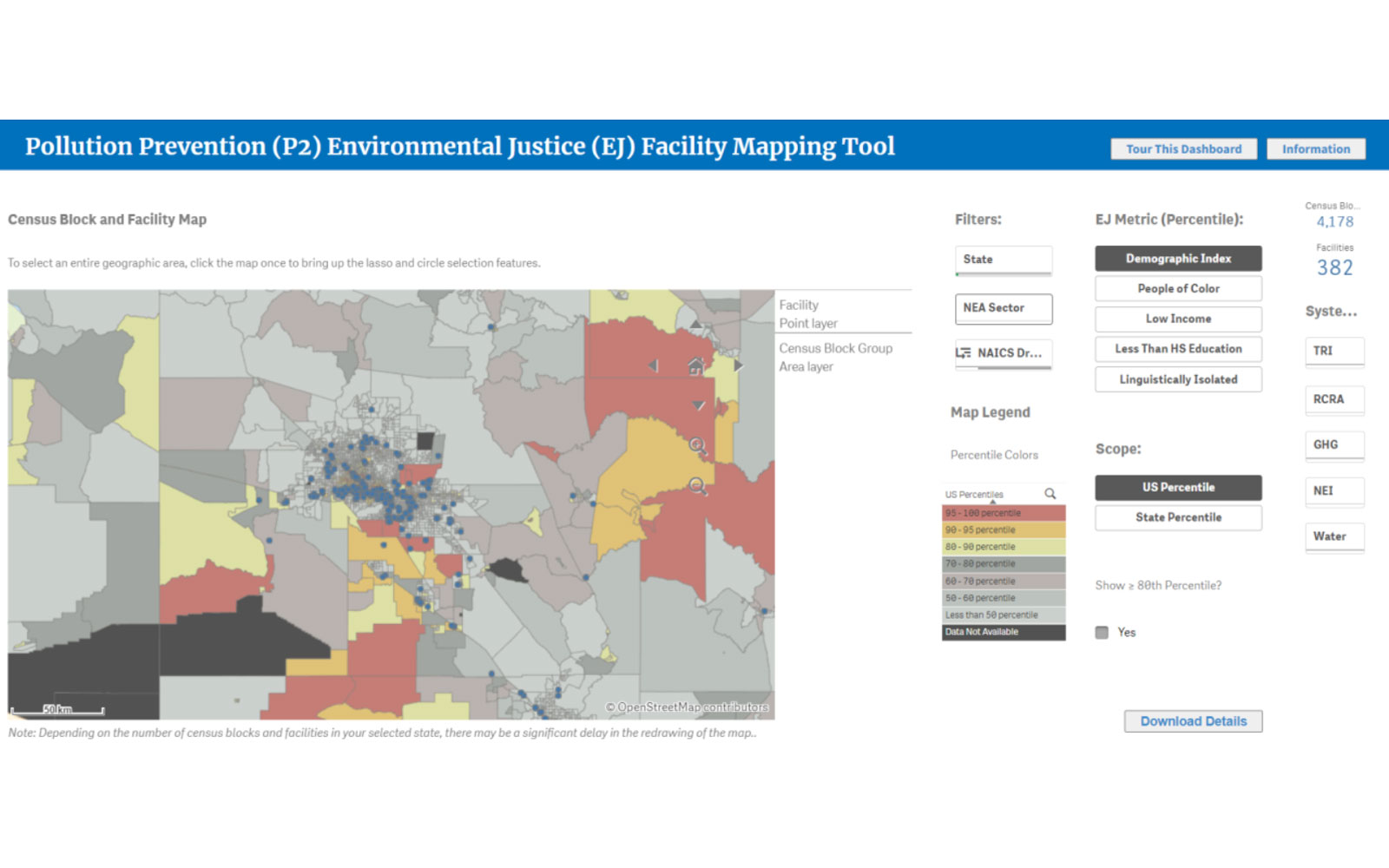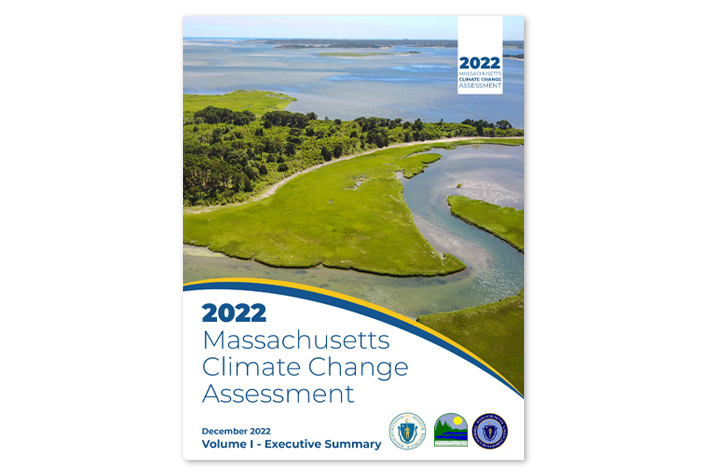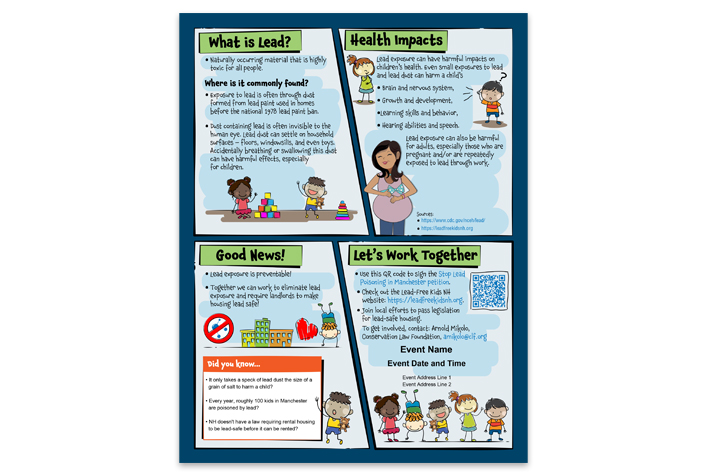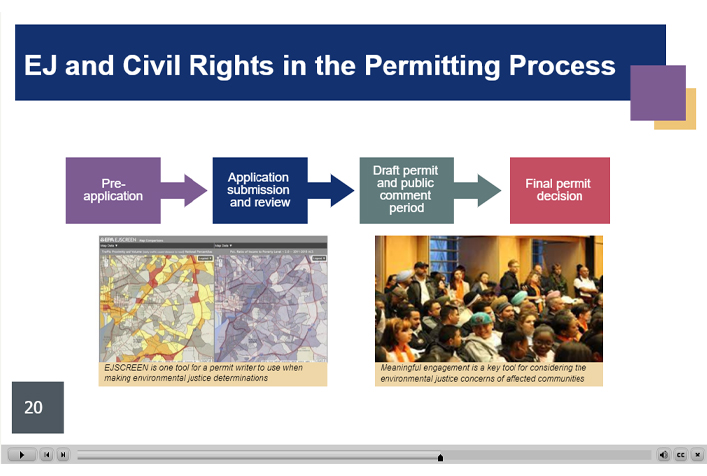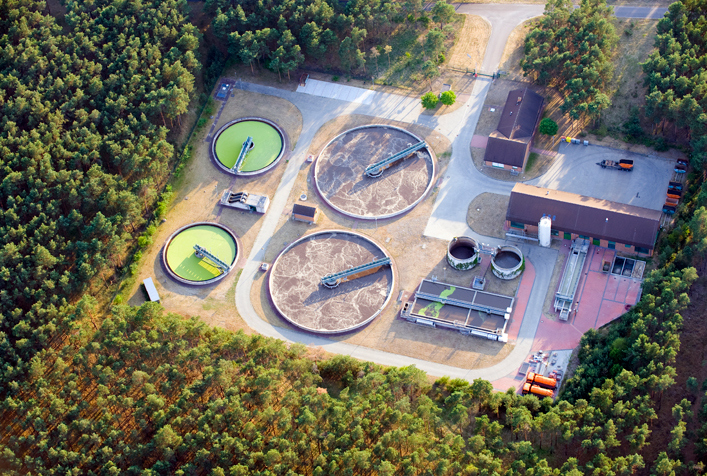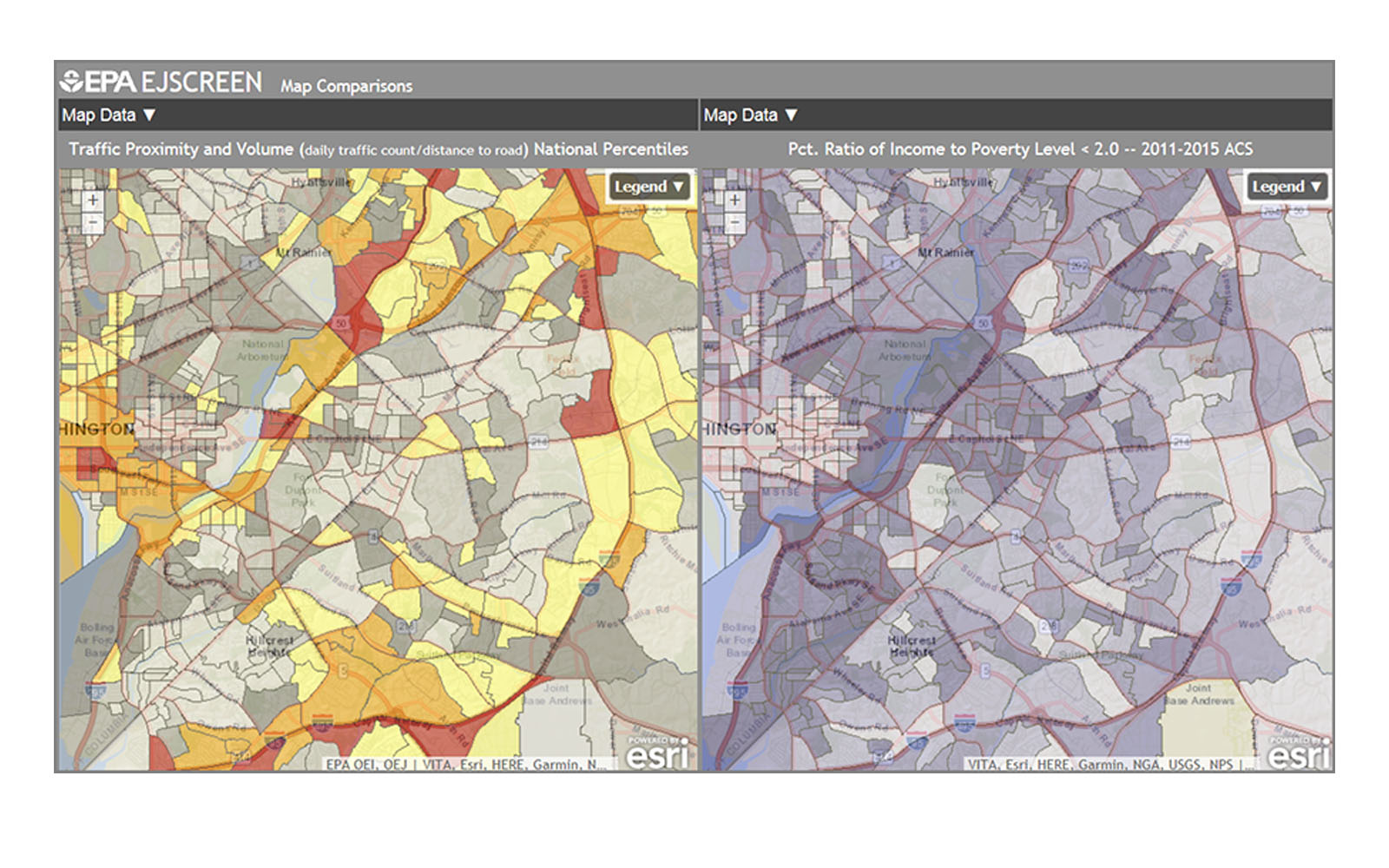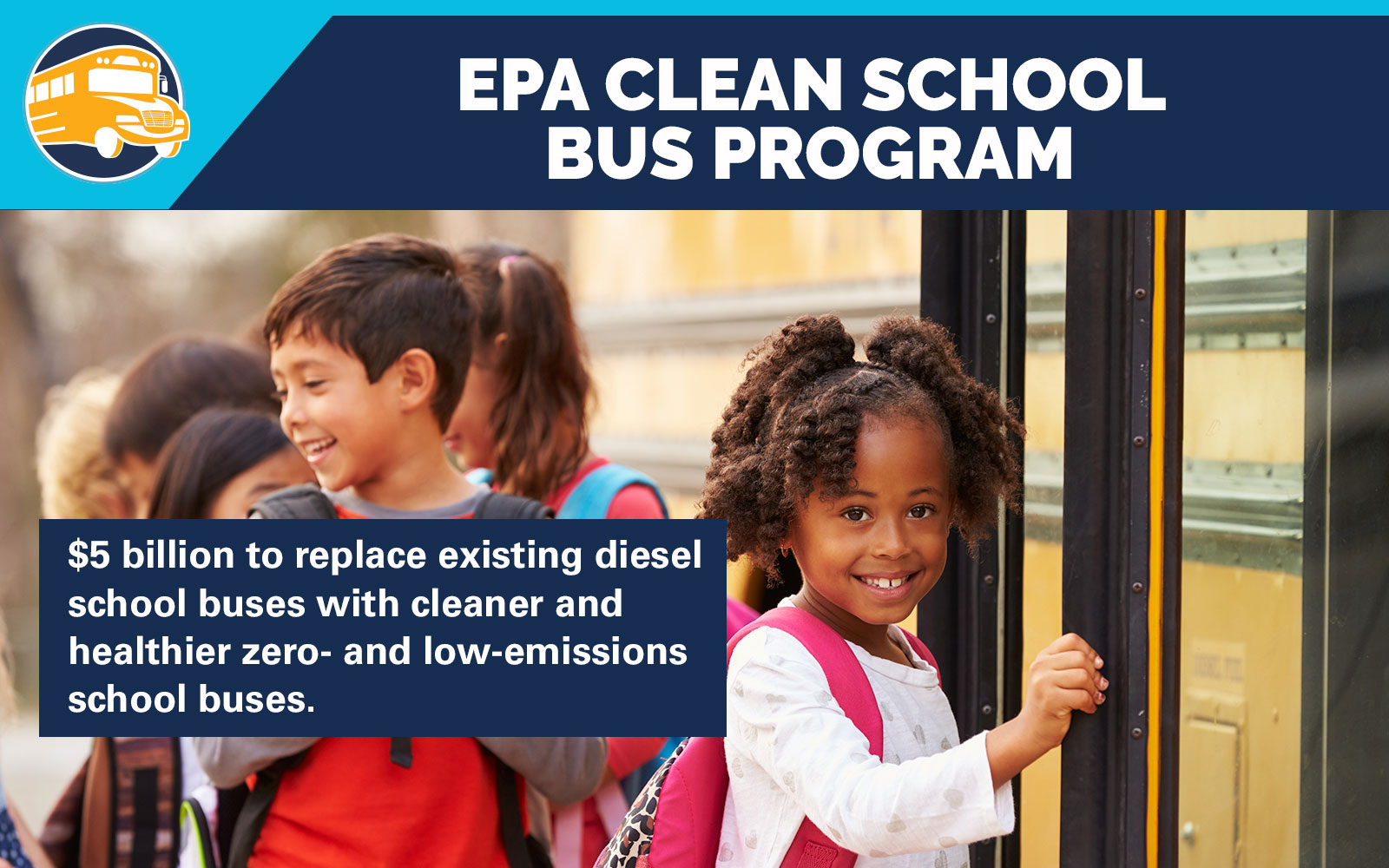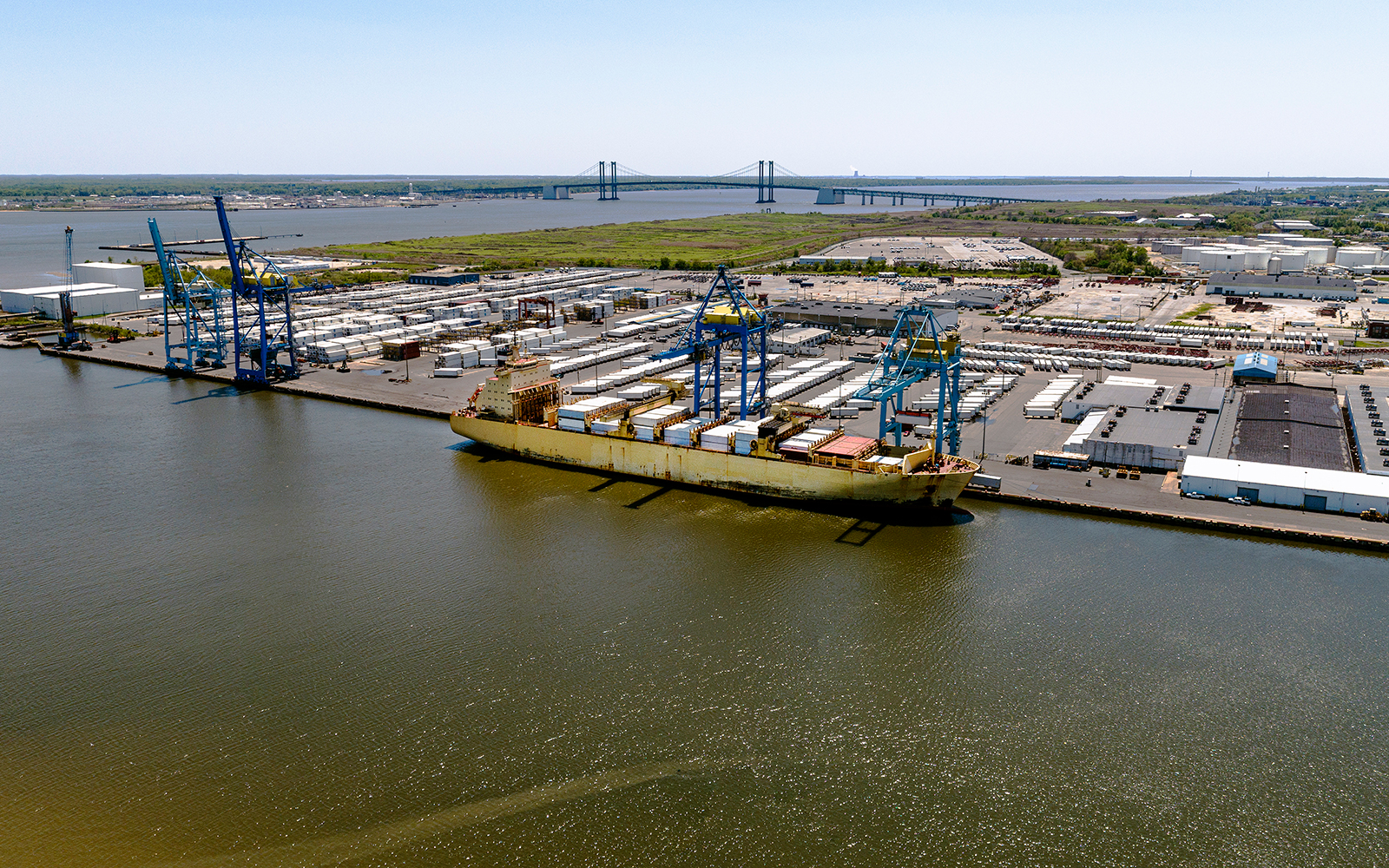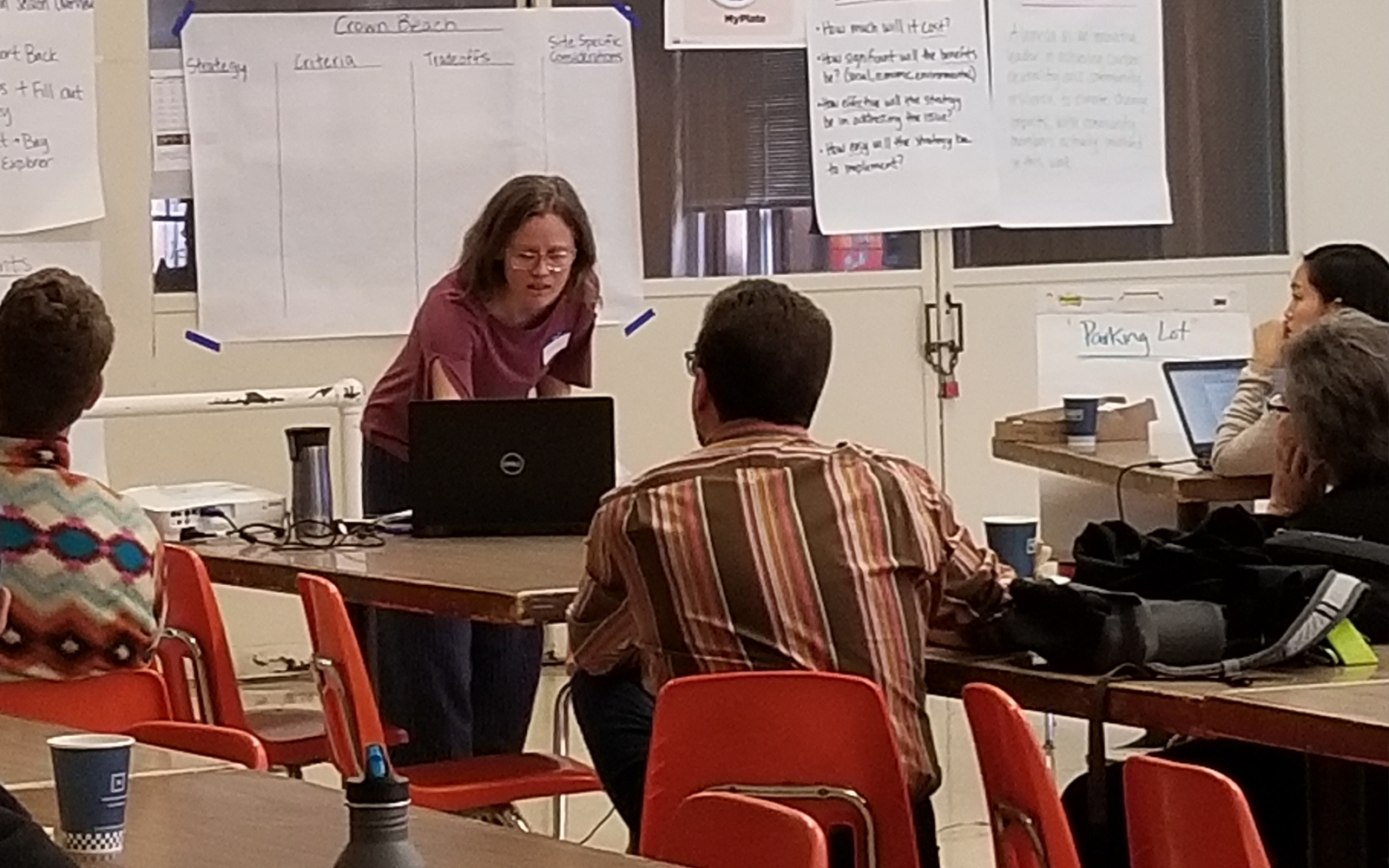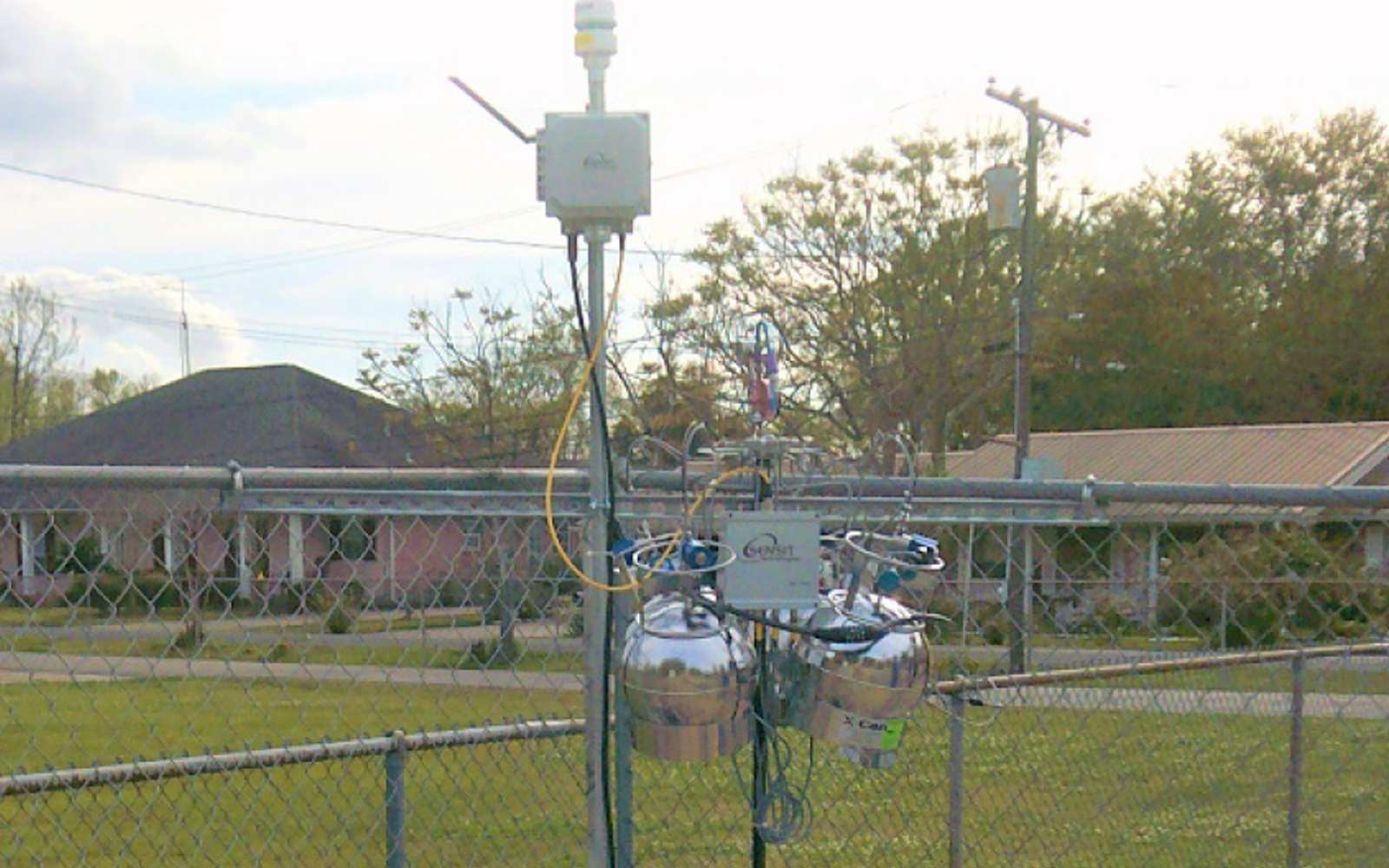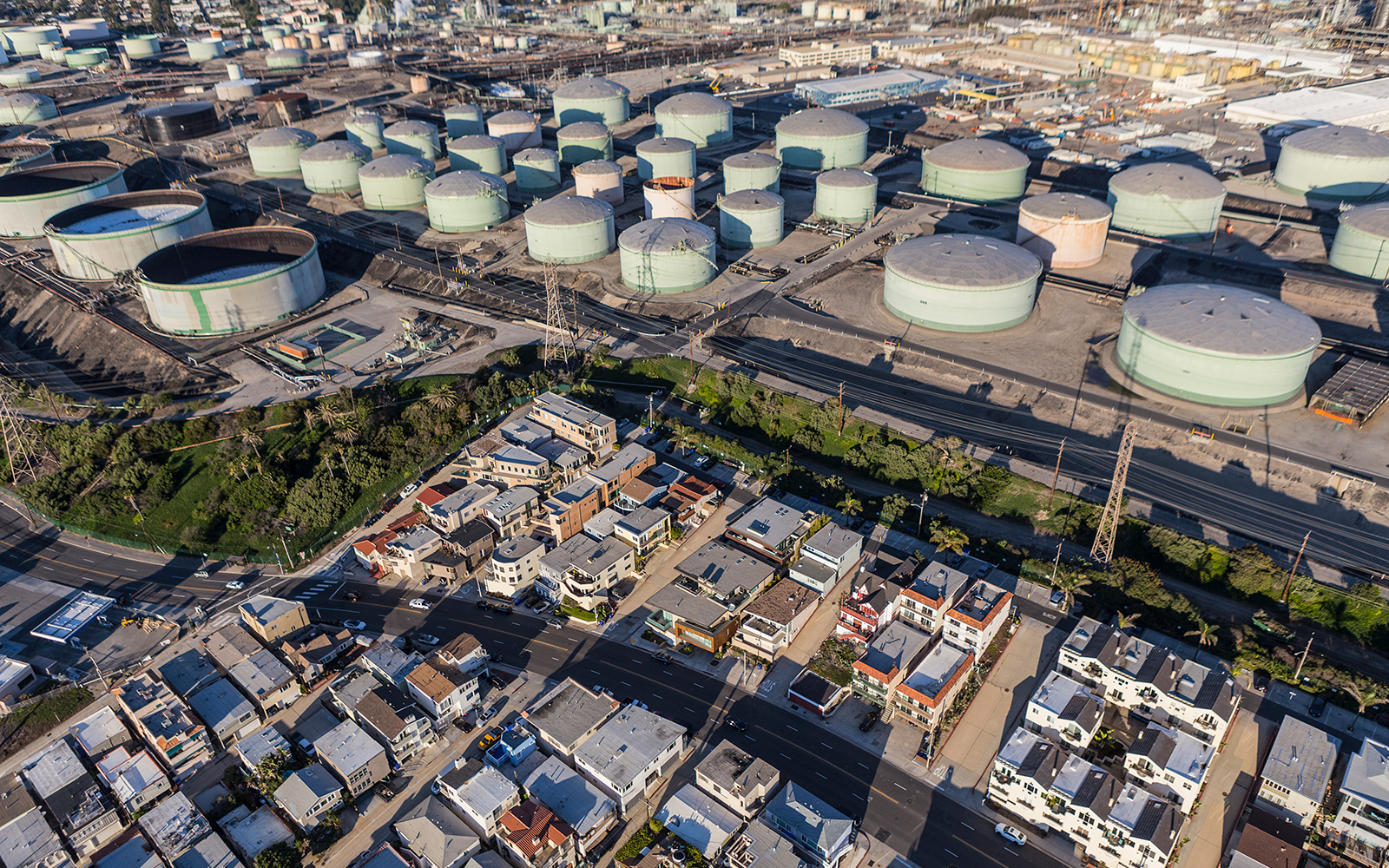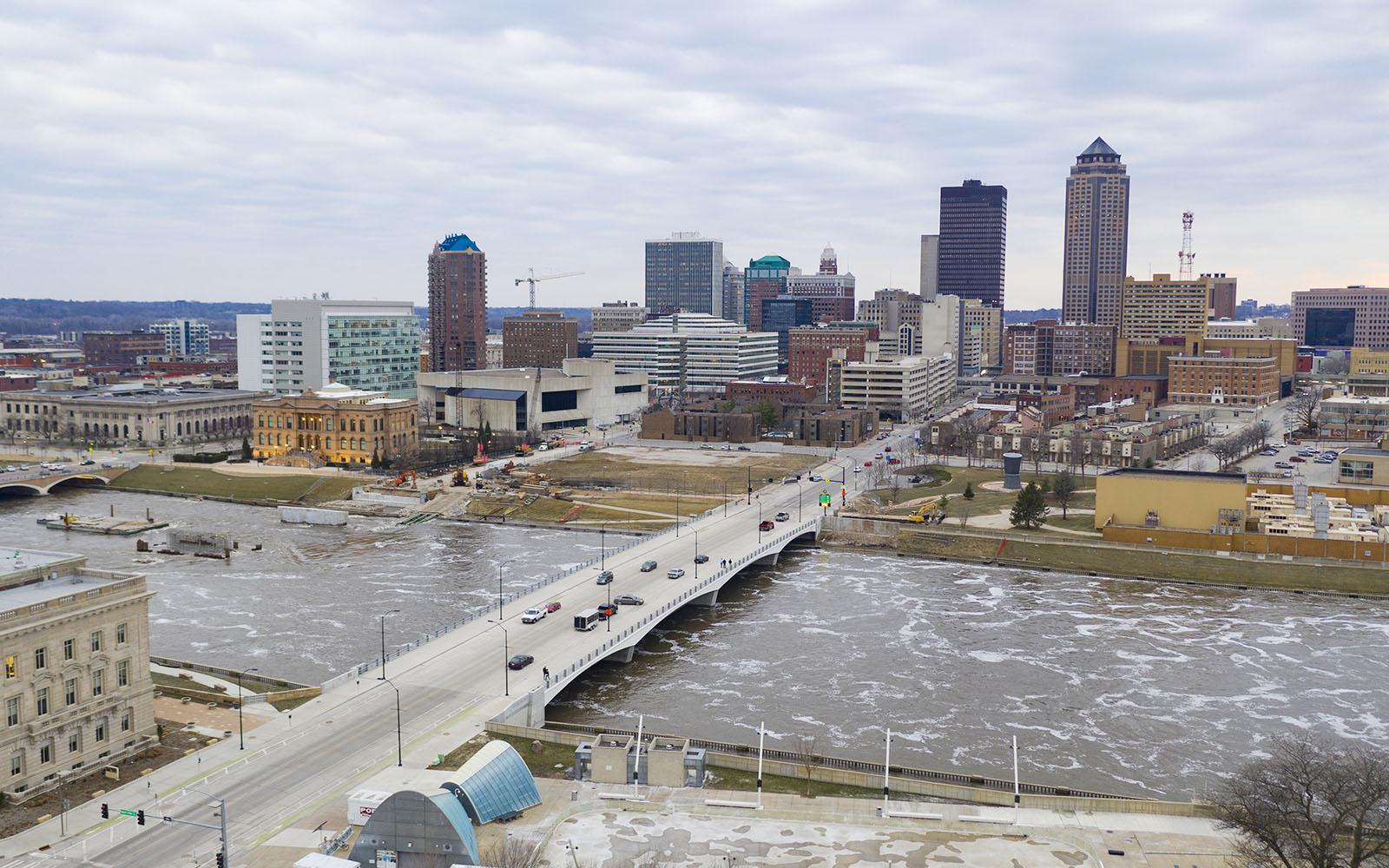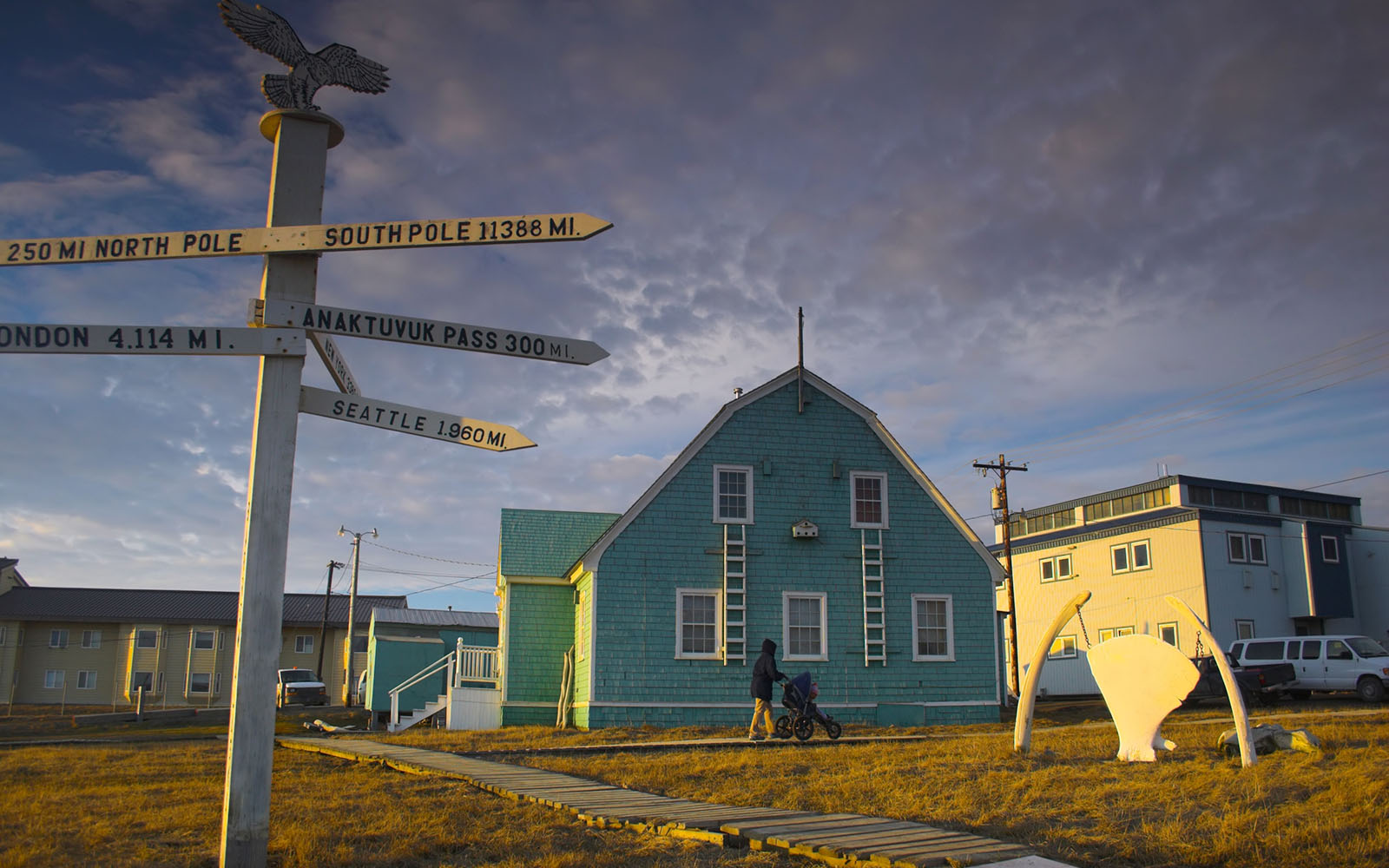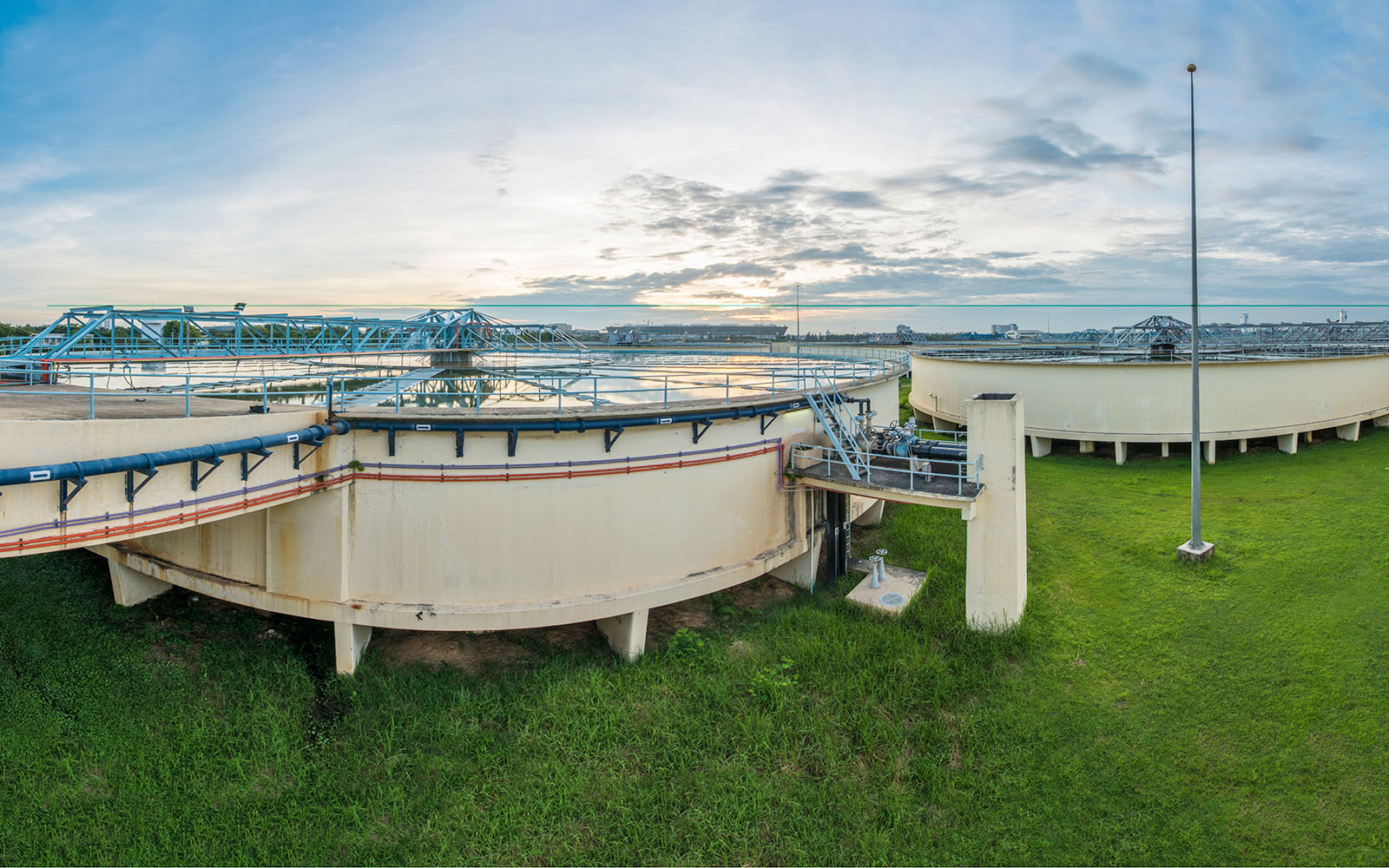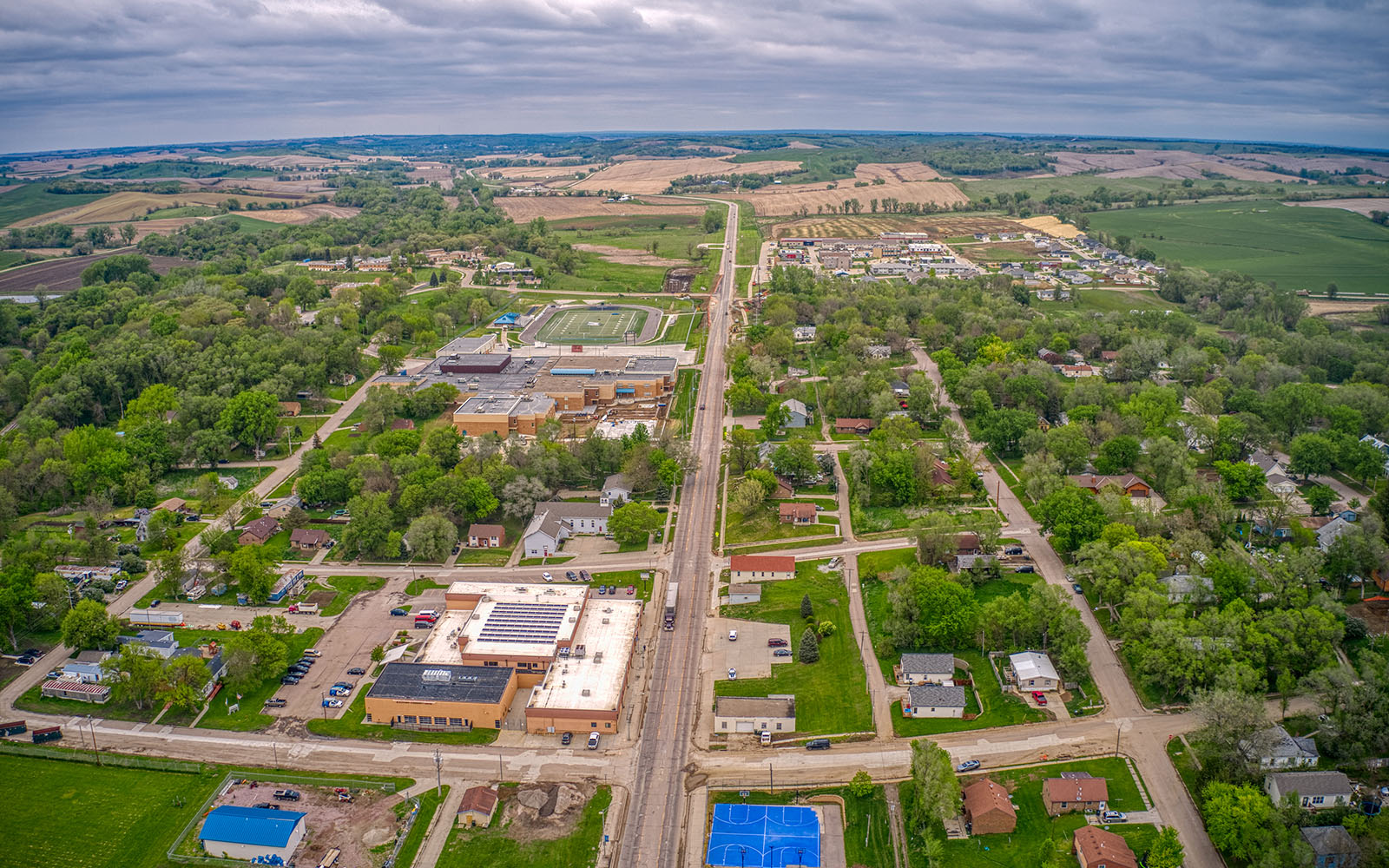Environmental and Climate Justice Solutions
ERG supports projects that promote safe and healthy places to live, work, and play for all people. We provide a wide range of services at federal, state, and local levels to help eradicate the unjust and disproportionate impact of environmental degradation on overburdened and underserved communities, including environmental justice, rural, tribal, fenceline, and low-income communities. We offer government agencies trusted support to explore and integrate environmental and climate justice approaches and solutions into their policies, rulemakings, permit reviews, enforcement, and program performance measurement through an equity lens. Our services include both outreach and analytic solutions. We bring analytic tools to assess impacts, including cumulative impacts, for these communities and respond concurrently to state and federal initiatives (e.g., Justice40, Bipartisan Infrastructure Law, Inflation Reduction Act, and Executive Orders 13895, 14001, and 12898, among others). At the state and local level, we work with communities to build trust and knowledge, elevate their voices, and engage meaningfully in public outreach and engagement processes. We provide facilitation, training, and outreach to promote information-sharing and collaborative problem-solving among all entities that play a role in addressing the nation’s environmental justice challenges.
Stakeholder Engagement and Outreach
- Cultural competency review
- Facilitation support
- Translation services
- Strategic planning
- Training and capacity building
- Support for virtual/hybrid/in-person public hearings and meetings
- Social media engagement and marketing
Environmental and Public Health Analyses
- Air quality monitoring and analysis
- Drinking water sampling and analysis
- Groundwater modeling, monitoring, and assessments
- Mobile source emissions measurements
- Community-based environmental sampling
- Hazard analyses
- Cumulative impact assessments
- Vulnerable population assessments
- Exposure analyses and investigations
- Epidemiological studies
- Risk communication
Climate Change Impact Disparities
- Greenhouse gas inventories
- Climate action plans to incorporate DEI solutions
- Adaptation and resiliency planning for EJ communities
Economic and Social Impact Analyses
- Demographic and socioeconomic analyses
- Vulnerability assessments
- Hazard mitigation planning
- Community resilience studies
- Performance measurement
- Cost-benefit analyses
- Justice 40 analyses
- Surveys
Air Quality Assessments
- Fenceline monitoring data collection and analysis
- Emissions inventories
- Ambient monitoring analysis
- Site-specific emissions investigations
- Exposure and risk evaluations
- Control technology assessments
- Compliance investigations
Water Infrastructure Management
- Water pollution evaluation and control
- Inspection support and training
- Sampling and analysis
- Environmental impacts analysis
- Regulatory development
- National Pollutant Discharge Elimination System (NPDES) permit development
- Compliance and enforcement
- Funding and financial analyses
Digital Solutions
- Comprehensive data management support
- Demographic analysis
- Decision support tools
- Geospatial analyses
- Mapping and screening tools
- Data visualization
- Electronic reporting support
Grant Support
- Outreach to tribal, EJ, and rural communities
- Technical assistance and support
- Helpline support
- Tools to assist federal agencies in targeting support to communities with EJ concerns
- Tools to assist communities with EJ concerns in implementing federal grants
- Case studies
Regulatory Support
- Permitting
- Preparation of public dockets
- Evaluation of public comments
- Compliance assistance
- National Environmental Policy Act compliance analyses
- Enforcement
